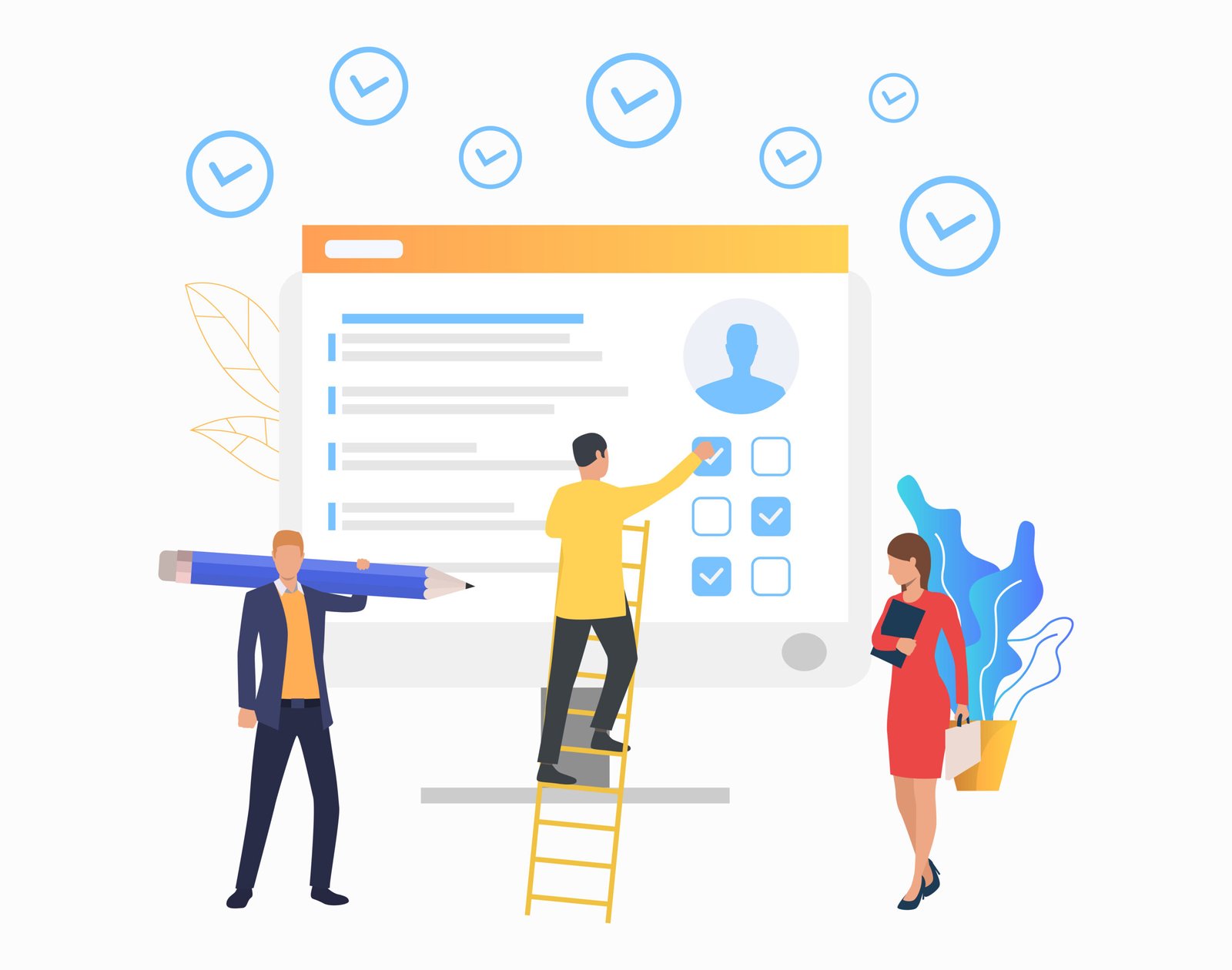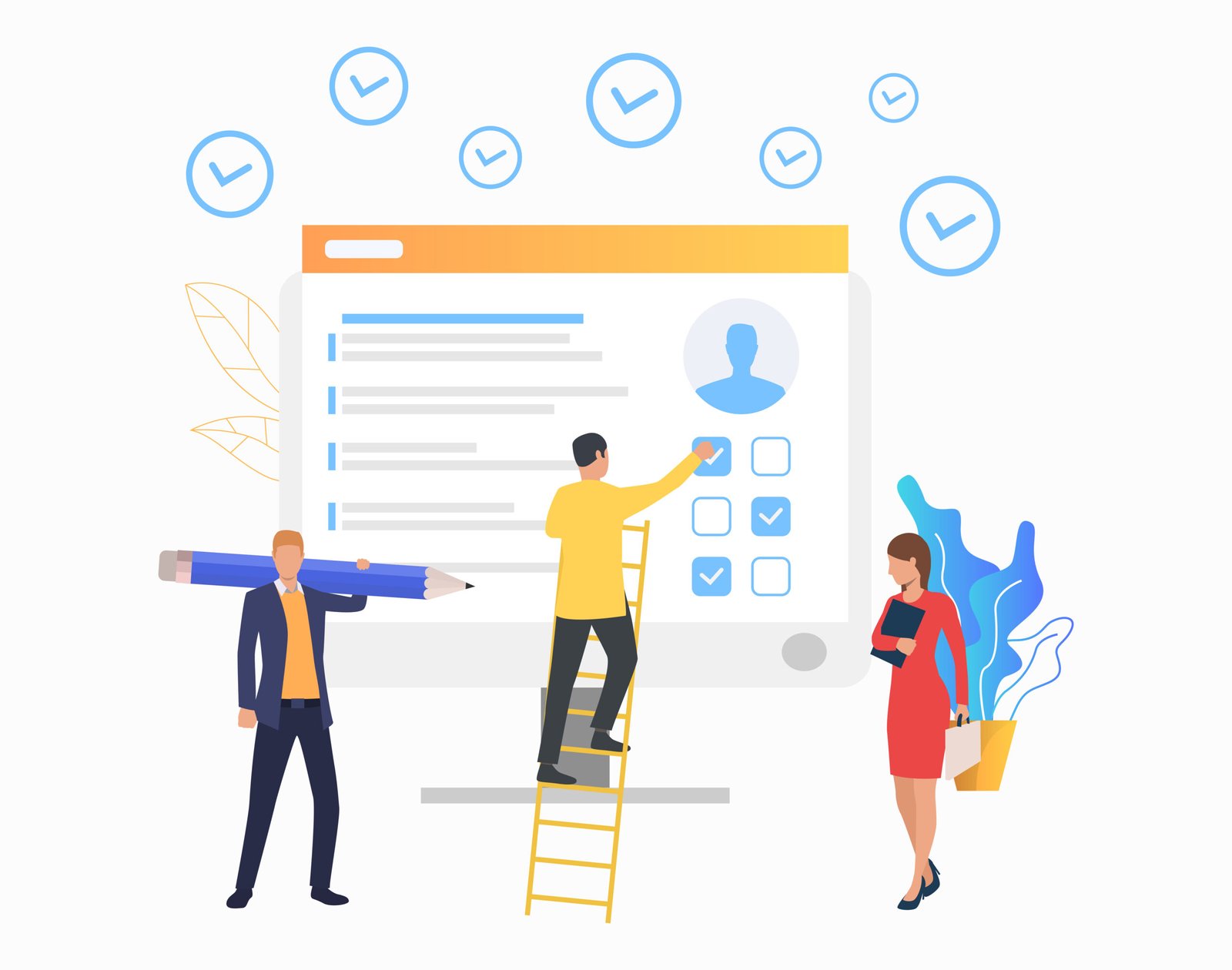Imagine you’re a captain of a ship, about to embark on a long voyage across turbulent seas. Would you set sail without knowing the capabilities and histories of your crew? Of course not! You’d want to ensure that each member is trustworthy, skilled, and ready for the challenges ahead. The same principle applies to the workplace. Comprehensive employee screening is the process that helps organizations navigate the uncertainties of the business world by building a safe and productive workforce.
In today’s fast-paced and competitive environment, the importance of thorough employee screening cannot be overstated. It’s not just about ticking boxes; it’s about creating a foundation of trust, safety, and efficiency. Let’s delve into why comprehensive employee screening is essential and how it can transform your organization.
The Story of Employee Screening: Lessons from the Past
Consider the story of a medium-sized tech company we’ll call “TechInnovate.” A few years ago, TechInnovate faced a significant data breach. Upon investigation, it was discovered that the breach was orchestrated by an employee with a history of unethical behavior in previous jobs. Unfortunately, the company’s screening process had missed these red flags. This incident not only cost TechInnovate millions of dollars but also severely damaged its reputation.
TechInnovate learned a hard lesson: comprehensive employee screening could have prevented this catastrophe. This example underscores the importance of knowing who you’re bringing on board. It’s about protecting your organization’s assets, reputation, and future.

The Components of Comprehensive Employee Screening
So, what does comprehensive employee screening entail? It’s a multi-faceted process that goes beyond basic background checks. Here are the key components:
- Background Checks: This includes verifying employment history, educational qualifications, and checking for any criminal records. According to a 2021 report by HireRight, 36% of organizations reported discrepancies in candidates’ resumes after conducting background checks.
- Reference Checks: Speaking with previous employers or colleagues can provide valuable insights into a candidate’s work ethic, reliability, and character.
- Skills Assessment: Ensuring that a candidate possesses the necessary skills for the job is crucial. This can involve technical tests, practical assignments, or situational judgment tests.
- Psychometric Testing: These tests assess personality traits, cognitive abilities, and emotional intelligence. They help predict how a candidate will fit into the company culture and handle job-related stress.
- Drug Testing: For certain industries, drug testing is essential to ensure a safe working environment.
- Social Media Screening: Analyzing a candidate’s online presence can reveal insights into their behavior and values.
The Real-World Impact of Employee Screening
Numbers often tell a compelling story. Here are some eye-opening statistics that highlight the impact of comprehensive employee screening:
– Reduction in Turnover: A study by the Society for Human Resource Management (SHRM) found that companies with rigorous screening processes experience 39% lower turnover rates.
– Improved Productivity: The Aberdeen Group reports that organizations with effective screening programs are 36% more likely to see improved employee productivity.
– Enhanced Safety: According to the National Association of Professional Background Screeners (NAPBS), 85% of employers report that screening has helped them identify candidates who might pose a safety risk.
– Cost Savings: The U.S. Department of Labor estimates that the cost of a bad hire can be as high as 30% of the employee’s first-year earnings. Comprehensive screening helps mitigate these risks and saves substantial costs in the long run.
Example: Building a Robust Screening Process
Imagine you’re an HR manager at a growing startup. You’re tasked with hiring a new project manager, a role critical to the company’s success. You decide to implement a comprehensive screening process. Here’s how you go about it:
- Background Check: You verify the candidate’s employment history and educational qualifications. Everything checks out.
- Reference Check: You speak with the candidate’s previous employer and learn that they were a diligent worker with excellent leadership skills.
- Skills Assessment: You ask the candidate to complete a project management simulation. They demonstrate strong problem-solving abilities and a clear understanding of project management principles.
- Psychometric Testing: The candidate scores high on emotional intelligence, indicating they can handle stress and work well with diverse teams.
- Social Media Screening: You review the candidate’s social media profiles and find that their online behavior aligns with the company’s values.
Through this process, you confidently hire a project manager who not only meets but exceeds the job requirements. This comprehensive approach ensures that you’re building a safe, productive, and harmonious workforce.
The Future of Employee Screening
As we look to the future, the landscape of employee screening continues to evolve. With advancements in technology, the process is becoming more efficient and effective. AI and machine learning are being integrated into screening tools, enabling more accurate and predictive analyses of candidates.
Consider the story of GlobalTech, a multinational corporation that recently adopted AI-driven screening tools. By leveraging these technologies, GlobalTech reduced their hiring time by 40% and saw a 50% increase in the quality of hires. The AI tools helped identify candidates who were not only skilled but also culturally fit for the organization.
Moreover, the focus on diversity and inclusion is reshaping screening practices. Modern screening tools are designed to eliminate biases and promote fair hiring. This shift ensures that organizations are not only hiring the best talent but also fostering a diverse and inclusive workplace.
Join the Conversation at RethinkHR Conclaves
At RethinkHR, we believe in the power of knowledge-sharing and collaboration. Our conclaves are a platform for HR leaders and professionals to explore innovative practices, share experiences, and learn from industry experts. We invite you to join us at our upcoming RethinkHR Conclave, where we’ll dive deeper into the strategies and technologies shaping the future of employee screening. Learn from real-world case studies, engage in interactive sessions, and connect with like-minded professionals committed to building safe and productive workplaces.
Comprehensive employee screening is more than just a process; it’s a strategic investment in your organization’s success. By implementing thorough screening practices, you ensure that you’re hiring individuals who contribute positively to the workplace, enhancing safety, productivity, and overall organizational health. Embrace the power of comprehensive screening and watch your organization thrive.

